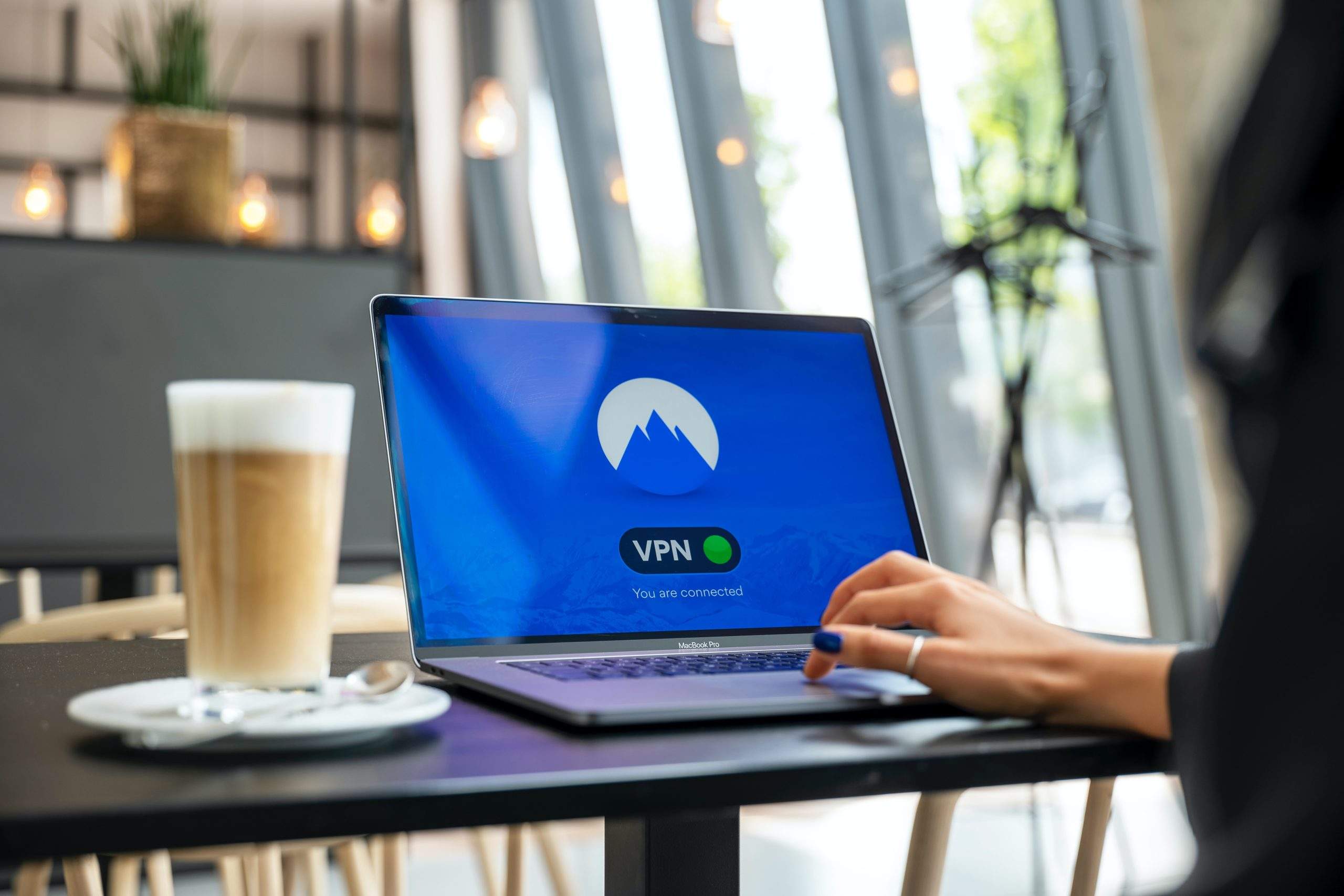
How a VPN (Virtual Private Network) Works
A Virtual Private Network, or VPN for short, is a technology that allows users to create a secure and private connection over the internet. The use of VPNs has become increasingly popular in recent years, particularly in the context of online privacy and security. In this article, we will explore the inner workings of VPNs and how they help to protect users’ online activities.

What is a VPN?
A VPN is essentially a private network that uses public infrastructure, such as the internet, to connect remote sites or users. This means that users can securely access a private network from anywhere in the world, as long as they have an internet connection.
In simpler terms, a VPN creates a secure and encrypted connection between a user’s device and a remote server, allowing the user to browse the internet and access online services as if they were located in the same physical location as the remote server.
How does a VPN work?
A VPN works by creating a secure and encrypted tunnel between a user’s device and a remote server. This tunnel is created by encapsulating the user’s data within a new set of data packets, which are then encrypted using complex algorithms.
When a user connects to a VPN, their device sends a request to the remote server, which then responds by creating the encrypted tunnel. This tunnel acts as a secure conduit through which the user’s data can be transmitted without being intercepted by third parties.
Once the tunnel has been established, the user’s device can communicate with the remote server as if it were directly connected to it. This means that the user can browse the internet and access online services using the remote server’s IP address, which helps to protect their online privacy and security.

Why use a VPN?
There are several reasons why someone might choose to use a VPN. Some of the most common reasons include:
- Online privacy: A VPN can help to protect a user’s online privacy by encrypting their online activities and hiding their IP address from third parties.
- Security: A VPN can help to protect a user’s online security by encrypting their online activities and preventing hackers from intercepting their data.
- Geo-restriction: A VPN can help users bypass geo-restrictions and access content that is not available in their region.
- Public Wi-Fi: A VPN can help to protect users who connect to public Wi-Fi networks, which are often insecure and vulnerable to hacking.
Types of VPNs
There are several different types of VPNs, each with its strengths and weaknesses. Some of the most common types of VPNs include:
- Remote access VPNs: These are VPNs that are designed to allow remote workers to securely access a private network from anywhere in the world.
- Site-to-site VPNs: These are VPNs that are designed to connect two or more private networks, such as two offices of a company.
- SSL VPNs: These are VPNs that use SSL encryption to create a secure connection between a user’s device and a remote server.
- IPsec VPNs: These are VPNs that use IPsec encryption to create a secure connection between a user’s device and a remote server.
In conclusion, in this article, you could’ve seen how VPN works. VPN is a powerful technology that can help to protect a user’s online privacy and security. By creating a secure and encrypted tunnel between a user’s device and a remote server, a VPN can help to protect users from hackers, geo-restrictions, and other online threats. There are several different types of VPNs available, each with its strengths and weaknesses, and users should choose a VPN that best meets their needs.



